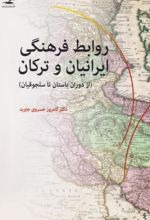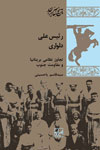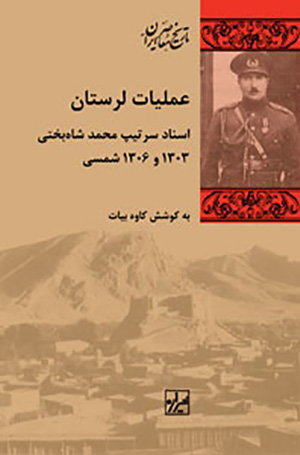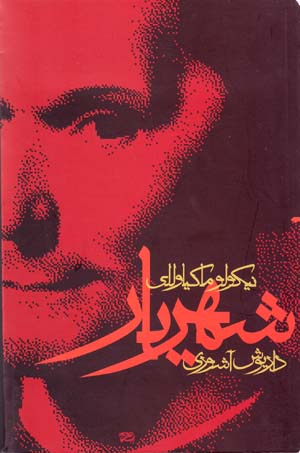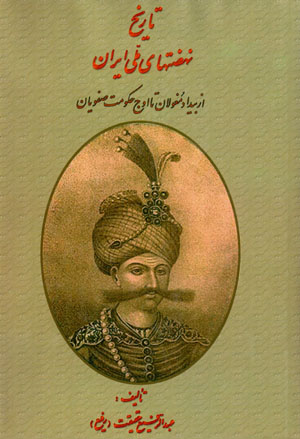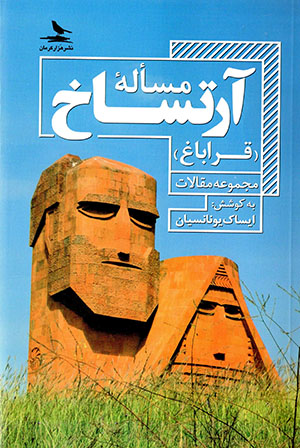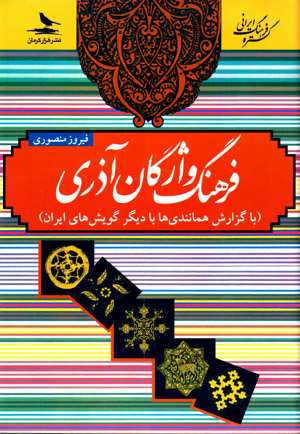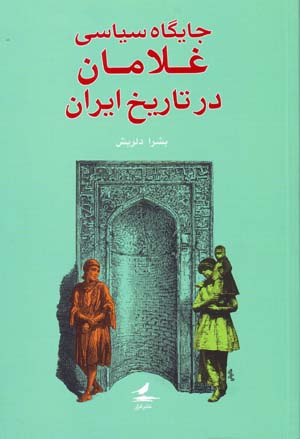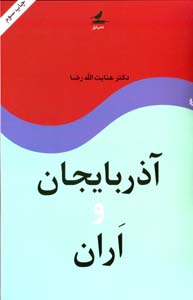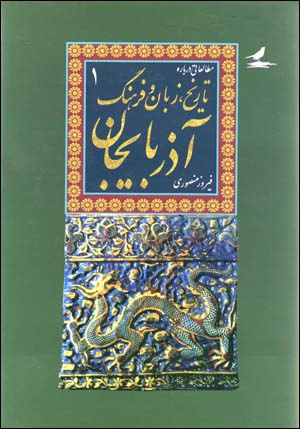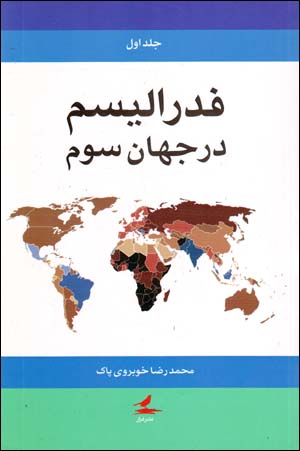روابط فرهنگی ایرانیان و ترکان: از دوران باستان تا سلجوقیان الفارسية 1398
Ravābiṭ-i Farhangī-yi Īrānīyān va Turkān: Az Dawrān-i Bāstān tā Saljūqīyān
15٫31 €
مشاركة
Wishlist
العنوان الأصلي:
روابط فرهنگی ایرانیان و ترکان: از دوران باستان تا سلجوقیان
ISBN رقم:
9786005700145
الناشر:
Hazar Kirman
الفئة العمرية:
البالغون
الصفحات:
318
الوزن:
300 g
أبعاد المنتج:
14 x 21 x 2٫9 cm
غلاف الكتاب:
غلاف ورقی
The present book is written on the subject of the influence of Iranian culture, Iranian relations in Central Asia, and relations with the Turks and their customs and traditions. The period covered in this book is from ancient times to the Seljuk dynasty's rule over Iran. In the first chapter of this book, the neighborhood of the Iranian peoples with the ancient Turks and a look at the geography of Eurasia are described. It also introduces the culture-forming peoples in Central and Inner Asia and explains how the Turks emerged. In the second chapter, to explain religious influences, it explains religion and its place in ancient society, sometimes called the Blue, the influence of Zoroastrian beliefs among the Turks, the role of the Iranians in the spread of Buddhism in Central Asia and China and the land of the Turks, the Iranians' efforts to spread Nestorian Christianity in China and Central Asia, the Manichaean religion among the Turks and the Chinese, the worship of Jamshid among some Turkic tribes, and the worship of Khatu among the Turkic peoples. In the third chapter, burial and mourning rituals are introduced, including burial methods and treatment of the dead, the departure of the soul to the other world, lamenting the dead and wounding oneself, the position of the horse and its sacrifice, and the custom of sacrificing a human being during burial. The fourth chapter deals with the myths of fundamentalism, the culture of heroism, and the concept of kingship among the Turks. In the fifth chapter, the concept of Turan is traced. And in the last chapter, the cultural and social relations between Iranians and Turks in the early Islamic centuries are explained.
more
کتاب حاضر، با موضوع تأثیر فرهنگ ایرانی، روابط ایرانی در آسیای مرکزی، و ارتباط با ترکان و آداب و رسوم زندگی آنها تألیف گردیده است. بازه زمانی منظور شده در این کتاب از دوران باستان، تا زمان حکومت سلسله سلجوقیان بر کشور ایران است. در فصل اول این کتاب، همسایگی قومهای ایرانی با ترکان باستان و نگاهی به جغرافیای اوراسیا شرح داده شده است، همچنین به معرفی قومهای فرهنگساز در آسیای میانه و داخلی میپردازد و نحوه پدیدار شدن ترکان را شرح میدهد. در فصل دوم به منظور توضیح تأثیرات دینی، به شرح درباره دین و جایگاه آن در جامعه باستانی، گاه کبودن، نفوذ باورهای زرتشتی در میان ترکان، نقش ایرانیان در گسترش آیین بودا در آسیای میانه و چین و سرزمین ترکان، کوشش ایرانیان برای گسترش آیین مسیحیت نستوری در چین و آسیای مرکزی، آیین مانی در میان ترکان و چینیها، پرستش جمشید در میان برخی قبایل ترک و پرستش ختو در میان مردمان ترک، میپردازد. در فصل سوم آیینهای خاکسپاری و سوگواری معرفی میگردد که شامل شیوههای خاکسپاری و رفتار با کالبد مردگان، رفتن روح به جهان دیگر، زاری کردن سخت بر مرده و زخم زدن به خود، جایگاه اسب و قربانی کردن آن، رسم قربانی کردن انسان به هنگام خاکسپاری میباشد. فصل چهارم به اسطورههای بنیادگری، فرهنگ پهلوانی، و مفهوم شهریاری در نزد ترکان میپردازد. در فصل پنجم مفهوم توران ریشهیابی میشود. و در فصل آخر، روابط فرهنگی و اجتماعی ایرانیان و ترکان در سدههای نخستین اسلامی توضیح داده میشود.
more

